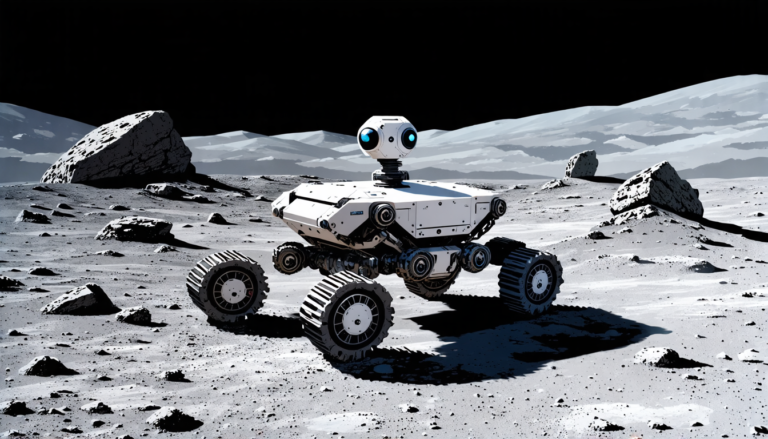Wednesday 09 April 2025
The latest advancement in language models has sparked excitement among researchers and scientists, as it has the potential to revolutionize our understanding of complex systems. By leveraging large language models, a team of experts has developed a novel approach for solving expensive optimization problems.
Expensive optimization problems are common in various fields, including engineering, finance, and healthcare. These problems often involve searching for the optimal solution among an enormous number of possibilities, which can be computationally intensive and time-consuming. Traditional methods rely on trial-and-error approaches or rely on approximations, leading to suboptimal solutions.
The new approach uses large language models as meta-surrogates, enabling efficient knowledge sharing across tasks and adaptability to new problems. These models are trained on vast amounts of text data, allowing them to learn patterns and relationships that can be applied to various domains.
In this innovative framework, the language model is treated as a unified model for many-task fitness prediction. It uses token sequence representations for task metadata, inputs, and outputs, facilitating efficient inter-task knowledge sharing through shared token embeddings. This approach captures complex task dependencies via multi-task model training, enabling the model to generalize well across tasks.
Experimental results demonstrate the model’s emergent generalization ability, including zero-shot performance on problems with unseen dimensions. When integrated into evolutionary transfer optimization (ETO), the framework supports dual-level knowledge transfer – at both the surrogate and individual levels – enhancing optimization efficiency and robustness.
The implications of this breakthrough are far-reaching. It has the potential to accelerate scientific discovery in various fields, from materials science to biology. By providing a more efficient and effective means of solving complex problems, this technology can also drive innovation in industries such as finance and healthcare.
Moreover, the approach highlights the versatility of large language models, which are often seen as being limited to natural language processing tasks. This study showcases their potential for application in other domains, where their ability to learn patterns and relationships can be leveraged to solve complex problems.
As researchers continue to explore the capabilities of these models, we can expect to see even more innovative applications emerge. The future of optimization and problem-solving is likely to be shaped by this technology, as it enables us to tackle complex challenges with unprecedented efficiency and accuracy.
Cite this article: “Unifying Large Language Models and Knowledge Graphs: A Meta-Surrogate for Data-Driven Many-Task Optimization”, The Science Archive, 2025.
Optimization, Language Models, Problem-Solving, Complex Systems, Large Language Models, Meta-Surrogates, Knowledge Sharing, Task Metadata, Evolutionary Transfer Optimization, Dual-Level Knowledge Transfer







